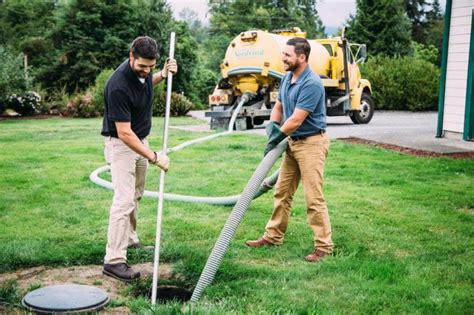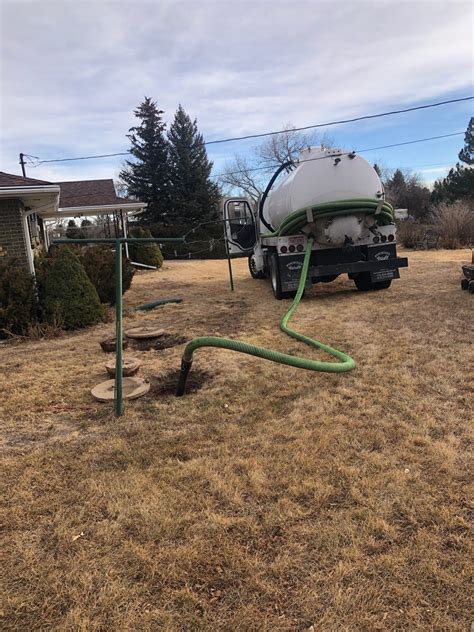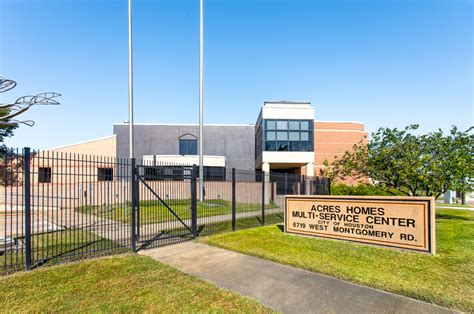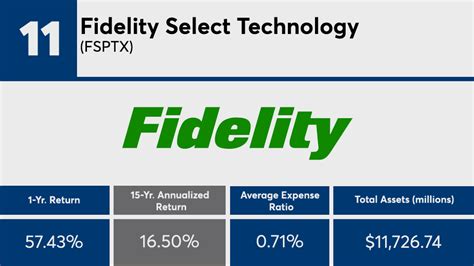Septic Pumping Service Near Me

When it comes to maintaining a healthy and functioning septic system, regular pumping is essential. A well-maintained septic system not only ensures the proper disposal of wastewater but also prevents potential environmental and health hazards. For homeowners and businesses seeking reliable septic pumping services, finding a trustworthy and experienced provider is crucial. In this article, we will delve into the world of septic pumping, exploring the importance of regular maintenance, the signs that indicate a septic system needs pumping, and what to look for when searching for a septic pumping service near you.
Key Points
- Regular septic pumping is essential for maintaining a healthy and functioning septic system.
- Signs that indicate a septic system needs pumping include slow drains, backups, and unpleasant odors.
- When searching for a septic pumping service, look for experience, licensing, and a strong reputation.
- Consider factors such as cost, equipment, and environmental responsibility when choosing a septic pumping provider.
- A well-maintained septic system can prevent environmental and health hazards, and increase property value.
Understanding the Importance of Septic Pumping

Septic systems are designed to treat and dispose of wastewater from homes and businesses that are not connected to a municipal sewer system. Over time, solid waste and sludge accumulate in the septic tank, reducing its capacity and efficiency. If not addressed, this can lead to backups, overflows, and the potential contamination of groundwater and soil. Regular septic pumping, typically every 3 to 5 years, depending on the size of the tank and the number of users, is necessary to remove accumulated sludge and scum, ensuring the system continues to function properly.
Signs That Indicate a Septic System Needs Pumping
Homeowners and businesses should be aware of the signs that indicate a septic system needs pumping. These include slow drains, backups into the home or business, and unpleasant odors emanating from the septic system. Other signs may include lush vegetation over the drainfield, which can indicate that the system is leaking, and the presence of nitrates or coliform bacteria in nearby water sources. If any of these signs are observed, it is crucial to contact a septic pumping service promptly to prevent further damage and potential health hazards.
| Signs of a Failing Septic System | Description |
|---|---|
| Slow Drains | Drains that are slower than usual can indicate that the septic system is clogged or overloaded. |
| Backups | Wastewater backing up into the home or business is a clear indication that the septic system needs immediate attention. |
| Unpleasant Odors | Strong, unpleasant odors near the septic system can signify that the system is failing or needs pumping. |

Choosing the Right Septic Pumping Service

When searching for a septic pumping service near you, several factors should be considered to ensure you find a reliable and experienced provider. These include the company’s experience in the industry, their licensing and certifications, and their reputation among past clients. It’s also important to consider the cost of the service, the type of equipment used, and the company’s commitment to environmental responsibility. A reputable septic pumping service will not only ensure that your septic system is properly maintained but also provide advice on how to extend the life of your system and prevent future problems.
What to Expect from a Septic Pumping Service
A professional septic pumping service will typically begin by inspecting the septic system to determine the best course of action. This may involve checking the tank’s level, looking for signs of damage or wear, and identifying any potential issues with the drainfield. Once the inspection is complete, the technician will pump out the septic tank, removing the accumulated sludge and scum. The service may also include cleaning the drainfield lines and inspecting the system for any signs of damage or malfunction. After the service is complete, the technician should provide a detailed report of the work performed and offer recommendations for future maintenance.
In conclusion, regular septic pumping is a critical aspect of maintaining a healthy and functioning septic system. By understanding the importance of septic pumping, recognizing the signs that indicate a system needs pumping, and choosing the right septic pumping service, homeowners and businesses can prevent potential environmental and health hazards, extend the life of their septic system, and ensure compliance with local regulations. Remember, a well-maintained septic system is not just a necessity, but an investment in the health, safety, and value of your property.
How often should I pump my septic system?
+The frequency of septic pumping depends on the size of the tank and the number of users. Typically, septic systems should be pumped every 3 to 5 years. However, this can vary based on individual circumstances, and it’s best to consult with a septic professional for personalized advice.
What are the signs that my septic system needs pumping?
+Signs that your septic system needs pumping include slow drains, backups into the home or business, and unpleasant odors emanating from the septic system. Other signs may include lush vegetation over the drainfield and the presence of nitrates or coliform bacteria in nearby water sources.
How do I choose the right septic pumping service?
+When choosing a septic pumping service, consider factors such as the company’s experience, licensing, and reputation. Also, look into the cost of the service, the type of equipment used, and the company’s commitment to environmental responsibility. A reputable service will ensure your septic system is properly maintained and provide valuable advice on future maintenance.



